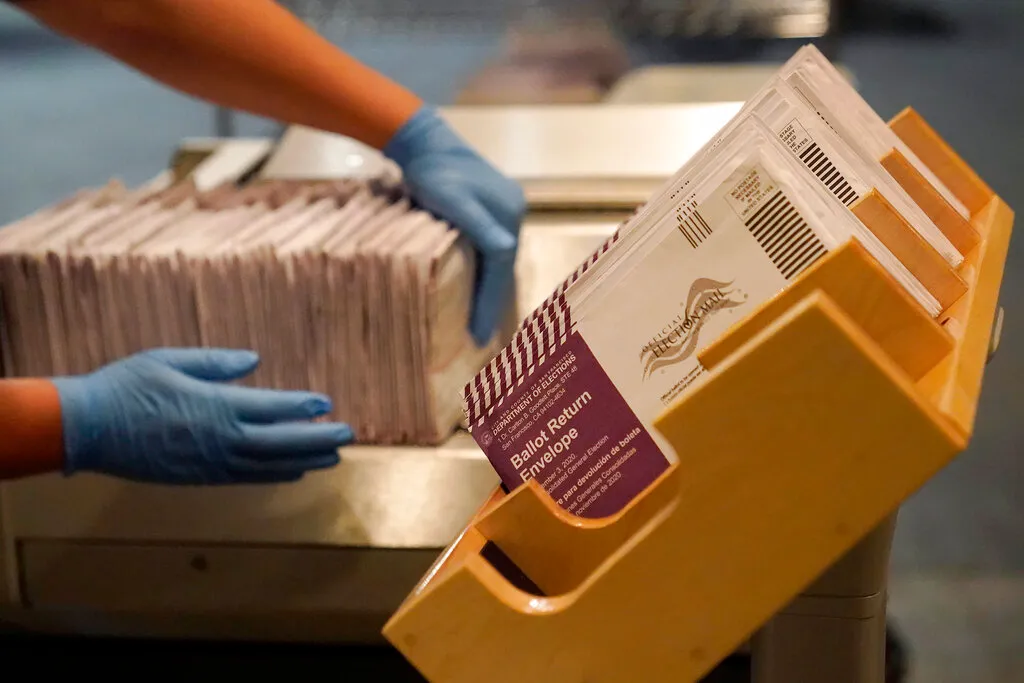Why It Takes Longer for California to Count Ballots
As election seasons unfold, California often finds itself in the spotlight for the time it takes to count ballots. The process in the Golden State is markedly slower than in many other states, leading to questions and curiosity about the reasons behind the extended tallying period.
A Focus on Accuracy Over Speed
The comparatively slow vote counts during California elections are a feature of a working democratic system, not a bug. Ensuring that all votes cast by eligible voters are accurately processed and counted takes time. County elections officials are provided considerable time to count the ballots, which allows for a thorough and deliberate process to ensure the accuracy of the election results. For more information on the vote-counting process, you can read about it on the California Secretary of State’s website.
High Volume of Mail-In Ballots
One of the primary reasons for the lengthy ballot counting in California is the high volume of mail-in ballots. Californians overwhelmingly vote by mail — more than 87% of votes cast in the 2022 general election were mail-in ballots. Processing these ballots is a meticulous process that involves several steps to verify voter eligibility and intent before they can be counted. For more details on the impact of mail-in ballots on the counting process, you can read the article on LAist.
- Billboard Music Award for Woman of the Year
- Everything to Know About the 2024 Oscars — Including Presenters, Performers, Pre-shows, and More
- James Gunn Changes the Title of the Superman Movie During Filming
- “I just feel bad for the real singers”: TikToker’s Take on K-pop Idols’ Vocal Abilities Sparks Online Debate.
Legal Provisions Extending the Counting Timeline
California’s elections code allows county elections officials considerable time to count the ballots, which includes provisions for postmarked ballots to be received and counted several days after the election. This legal framework is designed to maximize voter participation and ensure that every eligible vote is counted, even if it means the final tally is delayed. More information on the legal provisions can be found in an article by KCRA.
The Impact of Provisional and Conditional Ballots
The state also has a significant number of provisional and conditional ballots, which take additional time to verify and count. These ballots are used when there are questions about a voter’s eligibility at the time of voting, and they require extra scrutiny to confirm that voters haven’t already voted elsewhere or that they meet registration requirements. For further reading on how these ballots affect the counting process, check out the coverage by CapRadio.
California’s thorough vote-counting process, while slower than many other states, is a testament to its commitment to ensuring that every eligible vote is counted accurately. The state’s approach prioritizes the integrity of the electoral process over the immediacy of results, reflecting a deliberate choice to support democratic participation.






